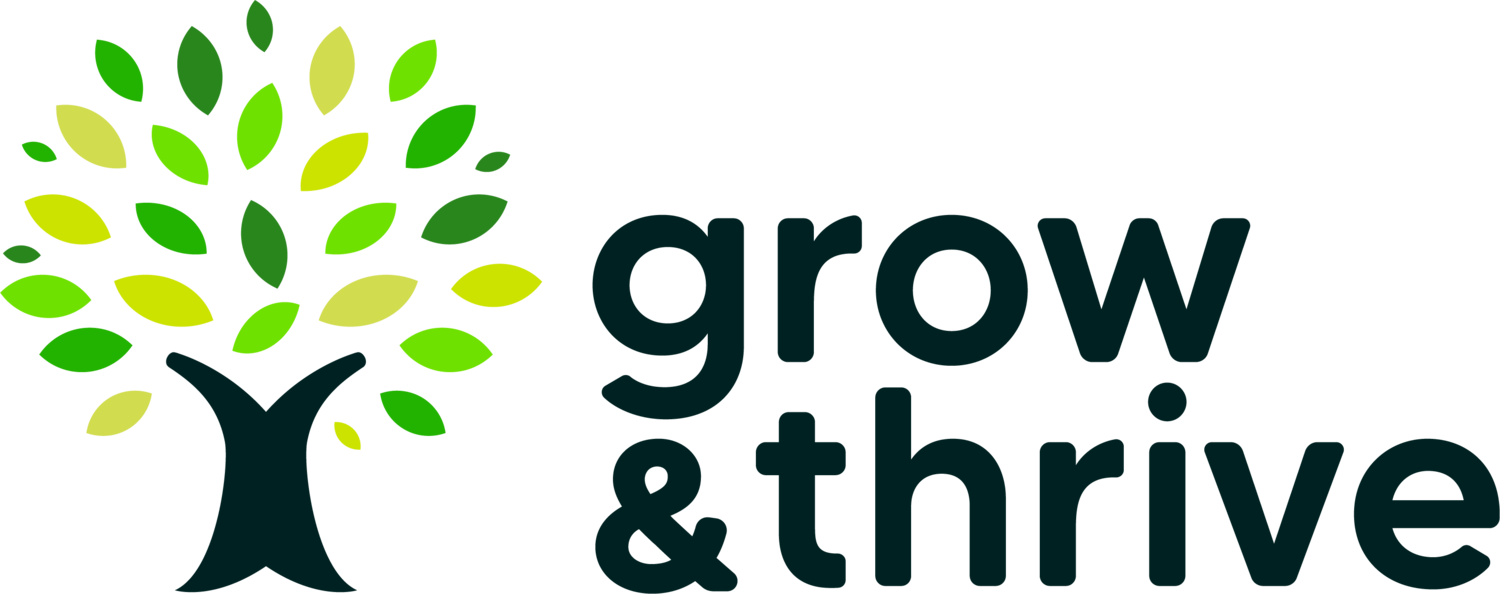AAC and Communication Anxiety
It's been no secret that I have been on an amazing journey of discovery with AAC, in particular with PODD, over the past 18 months (some of you have heard me talk about it an awful lot). I've had the privilege of working with some wonderful young people and their families and the chance to put some of the theory into practice.
Starting with AAC often needs a lot of complex factors to be taken into account and no one size fits all. Where anxiety (such as selective mutism) can block communication, I have found Aided Language Stimulation very releasing as it removes the pressure from communication. It shifts the dynamic from question-answer to more natural communication. Being advised to stop asking questions (unless they are absolutely necessary) is a stiff challenge to give a family and a learning team, but this one rose to it.
Stopping asking questions has a curious counterintuitive effect - it often results in MORE communication from the person who was previously bombarded with questions to try and get them to communicate. REALLY it does! As the questioner in rehab you find yourself biting your tongue and feeling mild panic as you try and rewrite the way you interact. But once you get into the swing of commenting and just chatting as you would in any other conversation then it starts to feel easier.
Aided Language Stimulation (modelling) and Robust Language Systems (such as PODD) all take some getting your head around. It DOES take a huge amount of energy to AAC a part of everyday life but it can be done and over time will pay off. I also love that it makes all parties learners. I always tell my families not to worry if they feel like learners too - just model being a positive and resilient learner who is prepared to make mistakes and you are there! I have certainly been a learner this year, and I still am. Be kind to yourself, and take it gently, it takes time for us all. (My next blog will be parent to parent tips on starting with AAC).
So it has been a joy this year to see one family truly run with AAC, first with their PODD book, then the high-tech version, and to witness the blossoming of their daughter's voice.
The #seemeseemyaac hashtag has been an inspiring one and I have loved the ways AAC is incorporated into everyday life. Here are some snapshots from this inspirational family, and their own words about how it has impacted them to unlock potential. Potential to communicate for ALL reasons, including to argue NO, to talk about baking, to chat with Granny and to explore and develop literacy, to have fun, to order in a cafe, to nag and just to chat. Just as it should be 🙂.
I have had many little happy dances of celebration as I have seen the latest updates and I am excited for this coming year to spread the AAC inspiration a little wider. We're all learning together and that makes me hopeful and happy.
Jude
"Jude came to visit us in the summer of 2016. She immediately took on board what we needed with my daughter who has a rare genetic syndrome, has lots of language at home, all be it repetitive, but is mute without any family there for reassurance. We live in England and had hunted everywhere for an understanding salt, one who would listen to me, see E's potential, and be prepared to help us get E's voice out there in whichever way possible.
Amazingly I met Jude on a selective mutism forum, even more amazingly she agreed she would travel to England to meet us for a day! Jude was that understanding speech therapist I had been looking for, and more, she was so friendly and understanding. Her calm nature put us all at ease and she had E interacting with her early on in the session. Jude had a podd book with her which E showed an interest in, Jude modelled through the day on the podd book and E watched intently all the time. Jude completely understood E's potential and even managed to get a talking mats session in with E too.
Jude wrote a fantastically detailed report, staff at E's school were really thankful to have such an insight into E's needs.
Jude also listened to me, as E's mum, she empathised with all my concerns and strived to help in the best way possible. Thanks to her I now have the confidence and ability to help my daughter have a voice. I only wish we lived nearer so we could get more input from Jude."
N.B Permission has been given to use these photographs and the feedback. The young person described has not been identified for her privacy.






